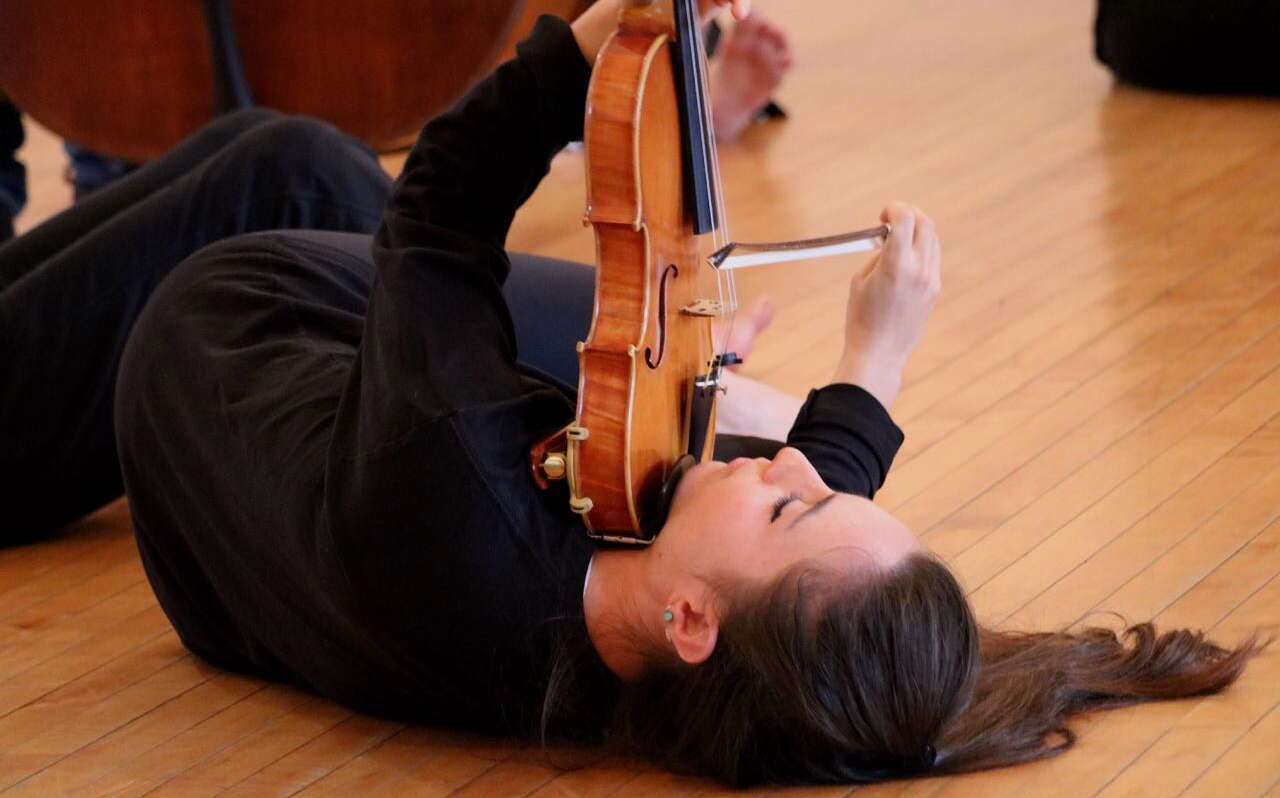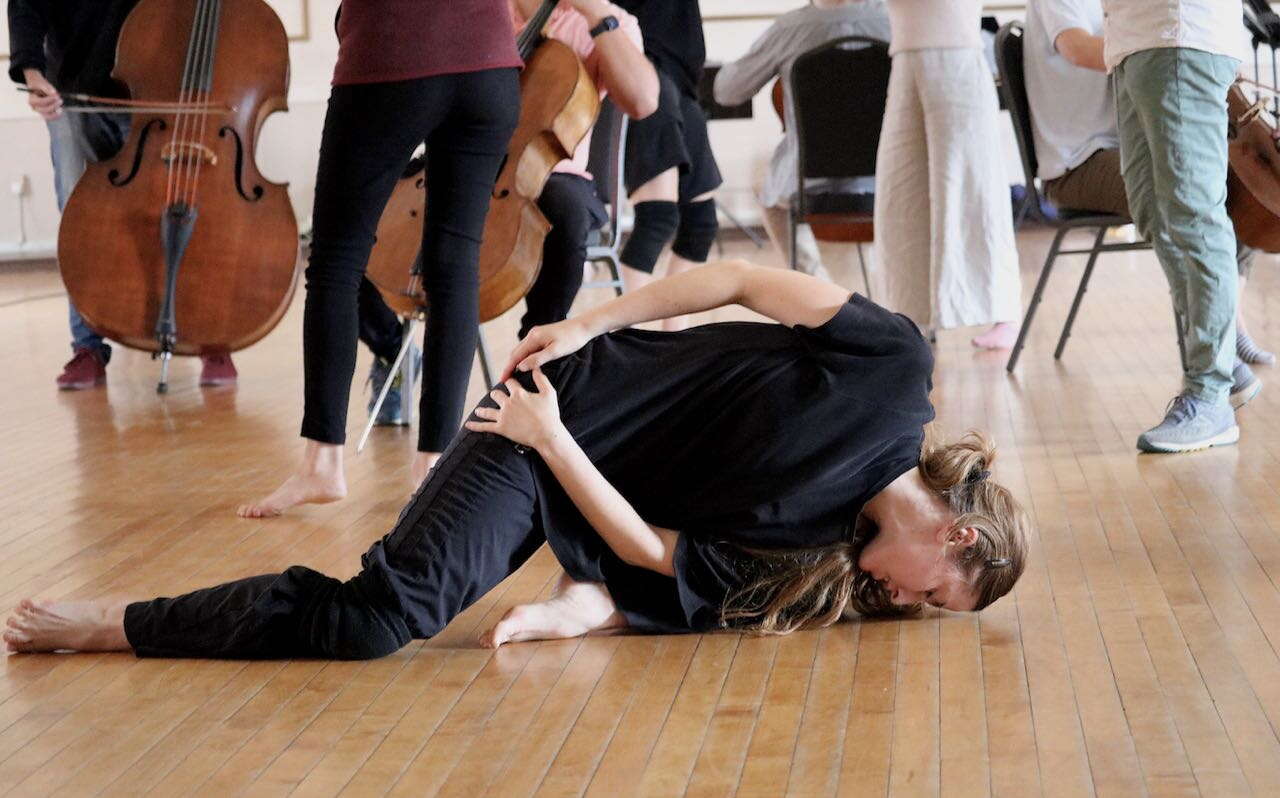
Processing Your Payment
Please do not leave this page until complete. This can take a few moments.
- News
-
Editions
-
- Lists
-
Viewpoints
-
Our Events
-
Event Info
- Women's Leadership Forum 2025
- On the Road with Mainebiz in Bethel
- Health Care Forum 2025
- On The Road with Mainebiz in Greenville
- On The Road with Mainebiz in Waterville
- Small Business Forum 2025
- Outstanding Women in Business Reception 2025
- On The Road with Mainebiz in Bath
- 60 Ideas in 60 Minutes Portland 2025
- 40 Under 40 Awards Reception 2025
- On The Road with Mainebiz in Lewiston / Auburn
- 60 Ideas in 60 Minutes Bangor 2025
Award Honorees
- 2025 Business Leaders of the Year
- 2024 Women to Watch Honorees
- 2024 Business Leaders of the Year
- 2023 NextUp: 40 Under 40 Honorees
- 2023 Women to Watch Honorees
- 2023 Business Leaders of the Year
- 2022 NextUp: 40 Under 40 Honorees
- 2022 Women to Watch Honorees
- 2022 Business Leaders of the Year
-
-
Calendar
-
Biz Marketplace
- News
-
Editions
View Digital Editions
Biweekly Issues
- April 21, 2025 Edition
- April 7, 2025
- March 24, 2025
- March 10, 2025
- Feb. 24, 2025
- Feb. 10, 2025
- + More
Special Editions
- Lists
- Viewpoints
-
Our Events
Event Info
- View all Events
- Women's Leadership Forum 2025
- On the Road with Mainebiz in Bethel
- Health Care Forum 2025
- On The Road with Mainebiz in Greenville
- On The Road with Mainebiz in Waterville
- + More
Award Honorees
- 2025 Business Leaders of the Year
- 2024 Women to Watch Honorees
- 2024 Business Leaders of the Year
- 2023 NextUp: 40 Under 40 Honorees
- 2023 Women to Watch Honorees
- 2023 Business Leaders of the Year
- + More
- 2022 NextUp: 40 Under 40 Honorees
- 2022 Women to Watch Honorees
- 2022 Business Leaders of the Year
- Nomination Forms
- Calendar
- Biz Marketplace
Q&A: Unconventional music group is making noise in Maine's cultural scene
 Courtesy / Christina Wnek
Palaver Strings will premier its latest commissioned piece Noisefloor, a collaborative experiment with Little House Dance, Dec. 6-7 at State Theatre in Portland.
Courtesy / Christina Wnek
Palaver Strings will premier its latest commissioned piece Noisefloor, a collaborative experiment with Little House Dance, Dec. 6-7 at State Theatre in Portland.
Palaver Strings is a nonprofit, musician-led string ensemble based in Portland.
Co-founded by Maya French, a violinist and Palaver’s managing director, its mission is to strengthen and inspire community through music. Palaver’s musicians share artistic and administrative leadership, seeking to engage new audiences, address social justice issues and amplify underrepresented voices.
Palaver, which has offices at 380 Cumberland Ave. in Portland, recruits early-career artist collaborators from across the country and sometimes the world, to come to Maine, perform live, work and contribute to the creative economy. Palaver has performed at the Kennedy Center and other national venues. Aiming to disseminate music beyond concert halls, venues also include hospitals, classrooms and parks.
Residencies include Rockport Music and Boston Center for the Arts. The ensemble offers master classes and workshops, and teaches graduate courses on music and community engagement.
The Palaver Music Center launched in 2019 with programs including early childhood music and private and group classes.
Palaver’s upcoming performance, "Noisefloor," is a collaboration with another Portland group, Little House Dance, founded by Heather Stewart in 2020 with a similar mission; and Courtney Swain, a musical artist from Japan who lives in Rhode Island.

Noisefloor will debut Dec. 6 and Dec. 7 at the State Theatre, 609 Congress St., Portland. For more information, click here.
We asked French how Palaver unfolded over the years. Here’s an edited transcript.
Mainebiz: Tell us Palaver’s origin story.
Maya French: I was at Boston University in 2013. It was a collaborative effort between me and a few other musicians. I’m originally from Belfast and we came to Maine to perform. We decided we wanted to have a home base in Portland, mostly to start the education program. We moved to Maine in 2018.
MB: Palaver has a mission to address social justice issues. How does music do that?
MF: I think the classical music world, historically, has been separate from current events and social issues. I and the other musicians wanted to talk about issues that were important to us and use music as a way to say that. We wanted to have an artistic say in the content we’re creating rather than just playing the parts we’re given.
This is rooted partly in chamber music, which is the idea that everyone is an equal contributor. All of us are passionate about many things and we’re able to work with collaborators of many different styles. Last year we did a tour around Maine called Welcome Here, featuring Congolese, Puerto Rican and Wabanaki guest musicians and storytellers.
MB: Describe the shared leadership model.
MF: Each musician is a co-artistic director and an administrator. We’re all classically trained string players from all over the country. We perform without a conductor and we play over 40 performances per year in Maine and around the East Coast. Each performance is formed by an idea, that we vote on, from one of the musicians. Program concepts can range from topics like climate change, social justice, racism and mental health. We also just recorded an album of protest music.
MB: How did 'Noisefloor' come about?
MF: We put out an international call to composers to write this new piece and picked Courtney Swain. She’s a vocalist, an electronic musician and a composer. She’ll perform with us. “Noise floor” is a recording term for the sum of all noises in any space. The Noisefloor concept is rooted in the phenomenality or subjective reality of dreams and wakefulness. We’re exploring that topic through sound.

MB: What’s your market reach overall?
MF: We reach over 5,000 audience members per year. We have 16 employees — two full-time and the rest part-time — who are a mix of musicians and administrators. We also subcontract over 50 artists per year to join us on different programs. We have brought performers from all over the world to Maine and to Portland to rehearse and to perform with us.
As a nonprofit, our board is based in Maine and Boston. We have the after-school strings program with outside faculty and with some of our members. We teach early childhood music to about 180 students at five days cares around Portland. We also have family outreach programs. Our school is in its fifth year and we now teach up to fourth grade. The school is a sliding-scale tuition model based on household income, and people can ask for financial aid. Some families pay full tuition, some pay a few dollars per month.
MB: What have your budget and financing looked like over the years?
MF: We started with a $20,000 budget. This year, it’s around $720,000. When we started, we reached out to about 30 people we knew and asked if they wanted to be seed sponsors. We got a couple of donations that way. We quickly got grants as we started to do our programs. Now, 70% to 80% of our revenue is through fundraising. And we apply for many grants.
We’re learning and growing in that way. We have an incredible community of supporters that’s been with us many years. We also have our performances. Part of our mission is to perform in alternative and many different kinds of spaces and we’ll do ticket splits with them.
In July, we signed on with Ariel Artists, an artist management company in Boston, and they’ll do the booking for us outside of Maine. That will be about 20 shows per year that are paying our rate. We’ll start seeing the benefits of that in the fall of 2024. But we’ll still do the very-low-cost concerts in Maine.
MB: What’s an example of an alternative venue?
MF: In Portland, we’ve played in pretty much every performance space — One Longfellow Square, Mayo Street Arts, Mechanics’ Hall. All have different configurations. We love learning to fit the space. We think it makes our programming more accessible. We’ve traveled to Eastport, Bar Harbor, Belfast, Dover-Foxcroft. Before the pandemic, we performed in galleries, hospitals, prisons. We can set ourselves up in different ways. We don’t need to be on a stage.
Mainebiz web partners
Maine and Portland are lucky PALAVER chose to be here.









1 Comments